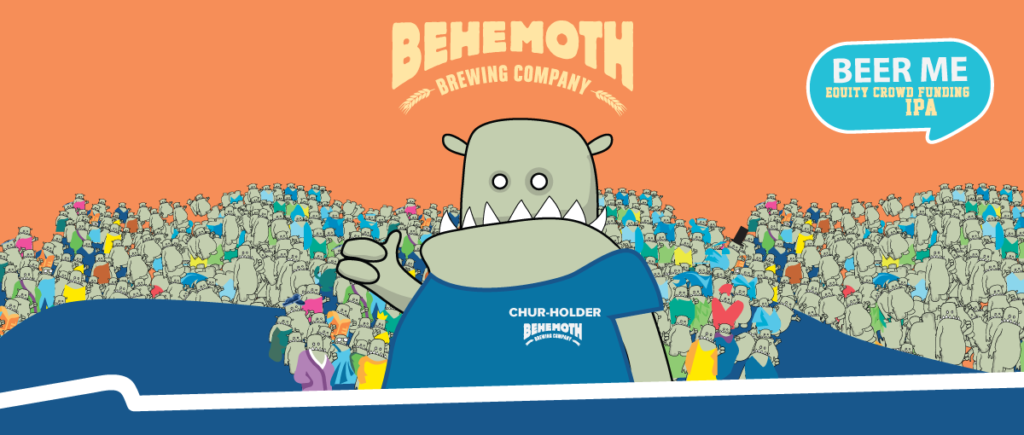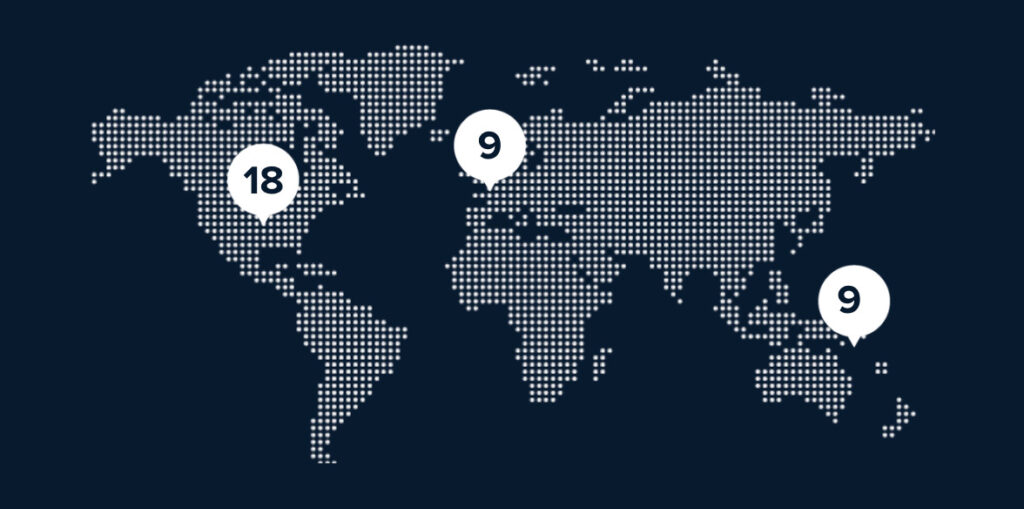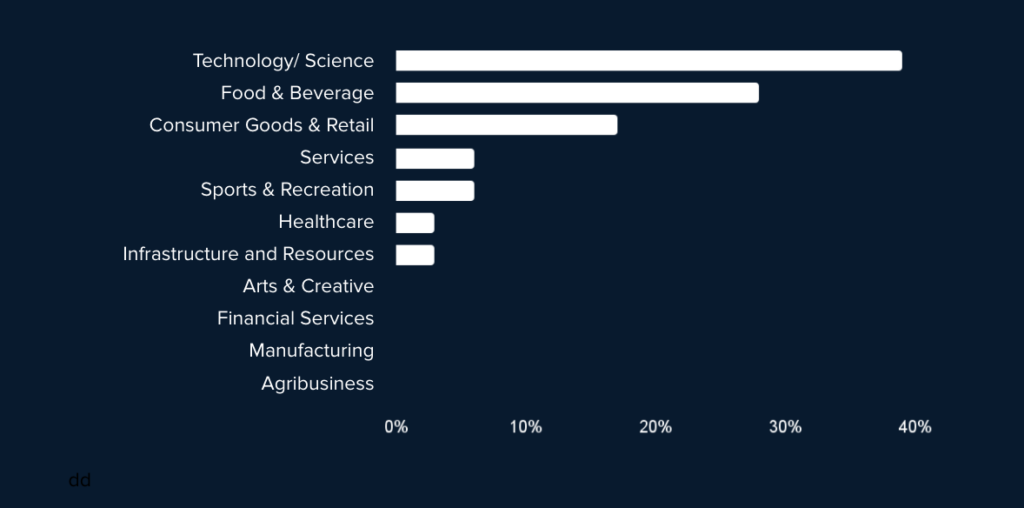
Xero kicked off the appeal by donating NZD $50,000 between eight chosen charities.
Xero has chosen charities that help the most vulnerable and marginalised people to build resilience and mental wellbeing. To choose the charities Xero used a selection criteria including: alignment to the company, impact per dollar donation, transparency and operational excellence.
In New Zealand, the chosen charity is Women’s Refuge, an organisation aimed at helping women and children experiencing domestic violence. This is especially important during COVID-19 when they are more at risk due to social distancing and self isolation. They do incredible work to support women and children experiencing domestic violence across New Zealand, by providing safe accommodation, food, counselling, legal assistance and much more. All with the aim of helping to establish the tools needed to start again without violence.
The other charities around the world that Xero supports through the Community Appeal are:
- Médecins Sans Frontières (Doctors without Borders) globally – providing medical supplies and mobilising their people to help on the front lines in highly affected COVID-19 areas.
- Beyond Blue in Australia – providing mental health support through the Coronavirus Mental Wellbeing Support Service.
- Save the Children in Asia – putting the most vulnerable children first, tackling the barriers to survival, learning and protection across Singapore, Hong Kong, Indonesia and the Philippines.
- Advancement Project in the United States – leading campaigns to accelerate racial justice on issues including voting rights, prison reform, policing, immigrant justice and education justice.
- Black Business Professional Association in Canada – serving the Black community’s business, professional and economic development needs.
- Samaritans in the UK – providing support to anyone in emotional distress, struggling to cope, or at risk of suicide throughout the United Kingdom and Ireland.
- Won Life in South Africa – supporting the vulnerable within the community of Fisantekraal through health and educational services, especially those that are now affected by the COVID-19 lockdown.
Xero partnered with Catalyser to connect to each of the charities through one central giving platform. Catalyser is a female-led tech company backed by Telstra and EY and, in 2018, was named by the World Economic Forum as a New Global Champion of Innovation and is a Xero customer. All funds go directly to the charities through this giving platform. If you’d like to support any of these worthy causes, it only takes a few minutes to donate.
HOW KEA CAN HELP YOUR BUSINESS GROW
Kea Connect
Kea Connect is a free service that will help your business grow offshore. We connect you personally with regional, sector-specific experts and peers.
Resources
Kea is here to help New Zealand businesses grow offshore. Be inspired and hear advice from businesses who have created their export path.
Jobs Portal
Looking for the right talent for your team? Reach our global Kiwi community through the Kea international job portal.

 MENU
MENU


















